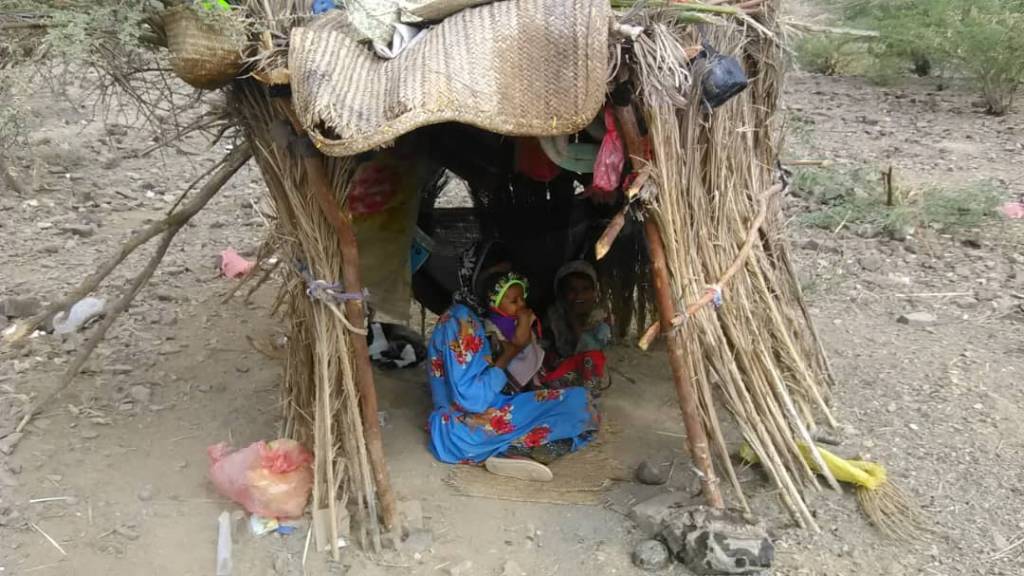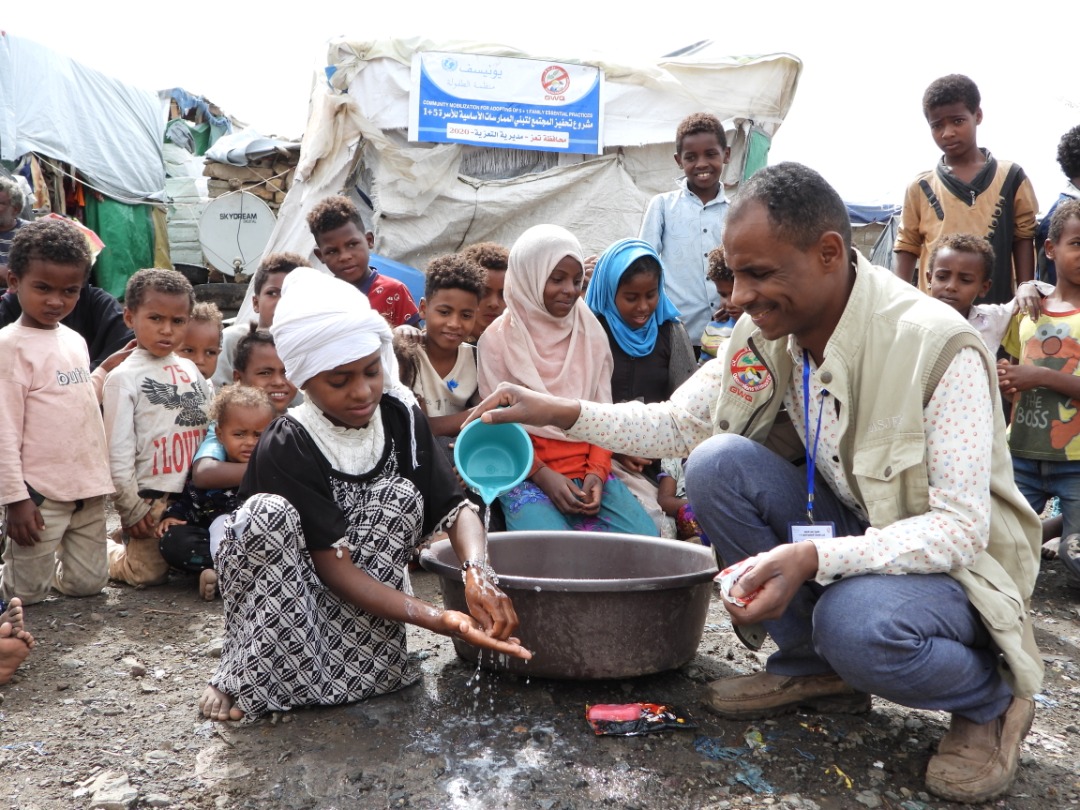Conflict escalation puts millions at risk of starvation
By Mesk Alabsi | Generations without Qat, Yemen
Yemen is experiencing the largest humanitarian crisis in the world and every day the situation grows worse.
After nearly 6 years of war between the Houthis and a Saudi-backed military coalition, about 20 million people are suffering from food insecurity in Yemen, while about 13 million people need food assistance according to the World Food Program.
For the sixth year, Yemen is witnessing a bloody conflict that has killed thousands of defenseless and innocent people, including women, children, and the elderly. But beyond the violence and killings, extreme hunger and starvation have spread widely among the population. The conflict combined with public employee salary cuts, high unemployment among young people, and high food prices (increased by more than 120 percent) have led to high levels of food insecurity.
With the escalation of the conflict in several Yemeni regions, including the coastal province of Hodeida, which overlooks the Red Sea (west of the country), and the besieged Taiz for nearly six years, the humanitarian situation has gotten worse. The clashes have caused thousands of citizens to flee to safety in displacement camps, like those on the coast of Western Yemen.
The recent escalation in conflict has led to a worsening of famine in Yemen. Starvation and malnutrition threaten millions of lives, including children. The worsening humanitarian situation in Sana’a, the largest city and capital of Yemen, is the same for all other Yemeni cities experiencing armed conflict, like Al Hodeida and Taiz, all citizens are destitute whether they are university teachers, government employees, or daily wage workers.
Yemeni citizens struggle daily with hunger, the collapse of basic services, and forced displacement. Citizens are now forced to wait for help because they are unable to meet their essential needs without humanitarian assistance.
Many families, if not millions of Yemenis, face food insecurity, lack of access to safe drinking water and sanitation, and more than two million children suffer from acute malnutrition.
While Yemen suffers from the worst humanitarian crisis in the world, the Coronavirus has made the nightmare even worse for Yemenis. With the collapse of the health care infrastructure in the country due to the sustained conflict, Yeminis are left with too few tools to cope with the epidemic.
The United Nations Children’s Fund (UNICEF) has indicated that with the spread of Covid-19 now throughout Yemen, Yemen is facing a new emergency adding to an existing emergency. There is a severe shortage of sanitation facilities and clean water. As only half of the health facilities are in operation. Many facilities that are still functioning lack basic equipment such as masks and gloves, not to mention oxygen and other essential supplies to treat Covid-19. Many health workers are not receiving any incentives or even their salaries.
In the end, it can be said that the Yemenis are waiting for international intervention to end the conflict in Yemen and end the suffering of the people. As the number of hungry and needy people increases day by day, it becomes more and more desperate that UN humanitarian organizations provide assistance to meet the growing needs and establish a real humanitarian response plan for Yemen.
As one of the most important local organizations in Yemen, Generations without Qat (GWQ) is working to alleviate the suffering of the most vulnerable groups through implementing many emergency humanitarian assistance and development projects in different areas of Yemen with funding from international organizations like UNICEF, Oxfam, and UNDP.
In the past several years, GWQ has partnered with the Presbyterian Hunger Program and the Presbyterian Disaster Assistance to implement food security and livelihoods projects as well as WASH projects in communities of internally displaced persons.
GWQ also carries out work in youth and women’s empowerment, gender equality, and community development. GWQ is a voluntary non-governmental youth organization, launched in 2007 as an initiative of young Yemeni volunteers, with the common goals of involving, guiding, and investing in the development of young people’s abilities. About 1,408,165 people in different areas of Yemen have benefited from GWQ projects.
The work of the Presbyterian Hunger Program is possible thanks to your gifts to One Great Hour of Sharing.

